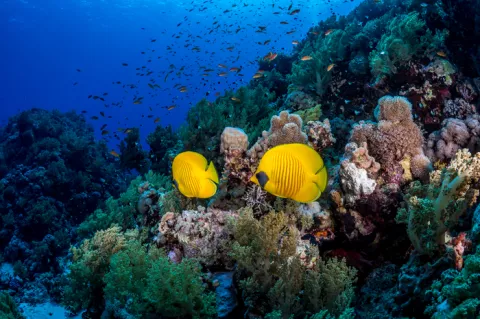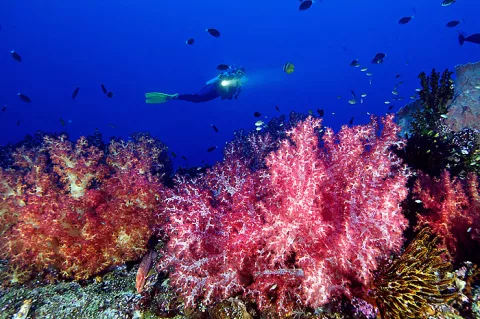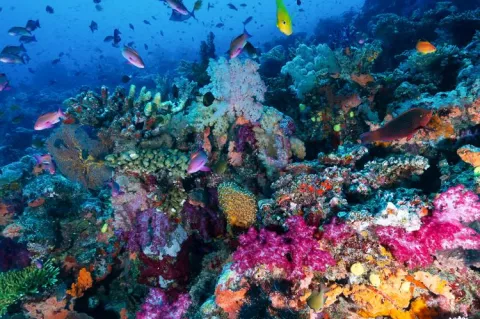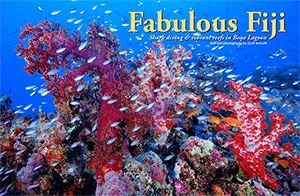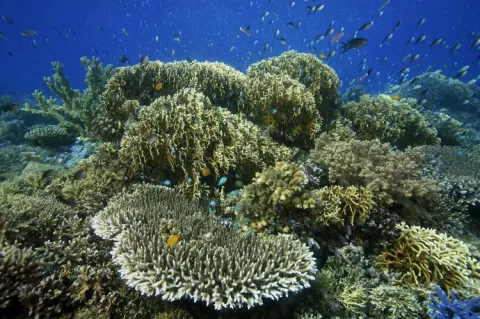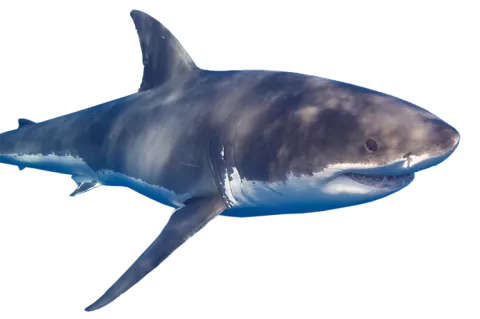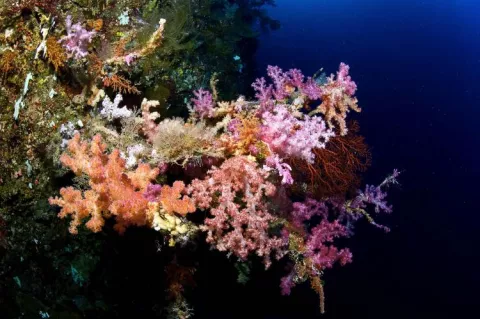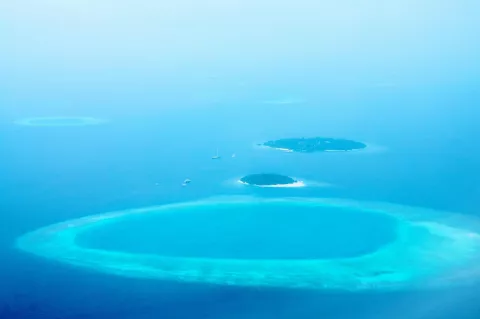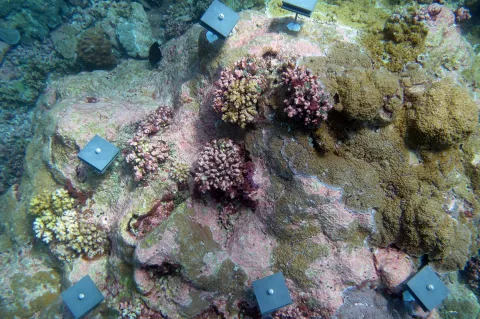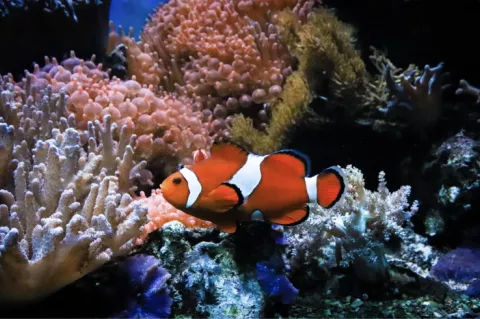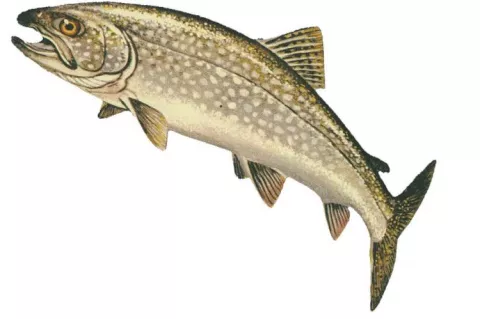Restoring coral to health
Corals are able to respond to changes in their environment through acclimation (the physiological process of becoming accustomed to a new condition) and adaptation and researchers believe natural populations may already be adapting to increasing sea surface temperatures.
A deeper understanding of how coral holobionts (the coral animal together with its associated algae, bacteria and viruses) respond or adapt to stress provides opportunities to modify these responses, using the same mechanisms that corals have naturally evolved to survive stress.

